Procedures Offered
Procedures Offered
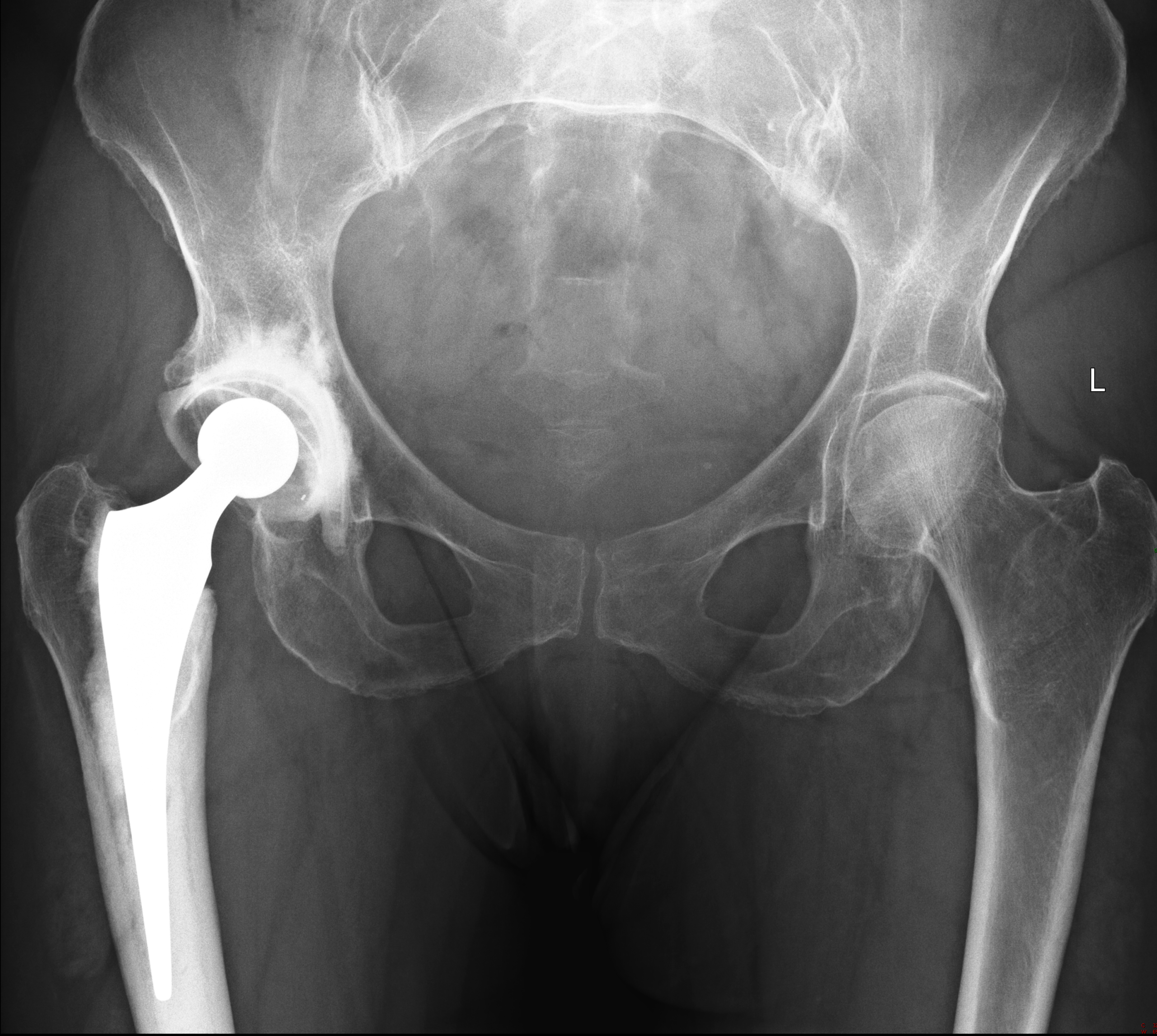
Total Hip Replacement
This operation relaces the ball (head of the femur) and socket (acetabulum) of the hip joint. It is most commonly performed for the arthritis of the hop which can be caused by a number of conditions. The hip Replacement is one of the most successful operations every invented and gives patients very good relief of hip pain and a vast improvement in their mobility.
If you decide with your surgeon that you wish to go ahead with surgery he will explain the procedure, the risks and recovery. You will then attend a preassessment clinic a couple of weeks prior to surgery. The operation lasts about an hour and you then return to the recovery area and then after about half an hour you go back to the ward.
You normally stay on the ward for 2-3 days and you are helped by the nurses and physiotherapists to get back on your feet.
You will only be discharged when you are walking safely, usually with 2 sticks. You will have a blood test and xrays before you go home and these will be checked by your surgeon. You will return to the hospital after 6 weeks for a check up and at this point most patients are able to walk with no sticks. Most patients return to driving after 6 weeks.

Total Hip Replacement
This operation relaces the ball (head of the femur) and socket (acetabulum) of the hip joint. It is most commonly performed for the arthritis of the hop which can be caused by a number of conditions. The hip Replacement is one of the most successful operations every invented and gives patients very good relief of hip pain and a vast improvement in their mobility.
If you decide with your surgeon that you wish to go ahead with surgery he will explain the procedure, the risks and recovery. You will then attend a preassessment clinic a couple of weeks prior to surgery. The operation lasts about an hour and you then return to the recovery area and then after about half an hour you go back to the ward.
You normally stay on the ward for 2-3 days and you are helped by the nurses and physiotherapists to get back on your feet.
You will only be discharged when you are walking safely, usually with 2 sticks. You will have a blood test and xrays before you go home and these will be checked by your surgeon. You will return to the hospital after 6 weeks for a check up and at this point most patients are able to walk with no sticks. Most patients return to driving after 6 weeks.
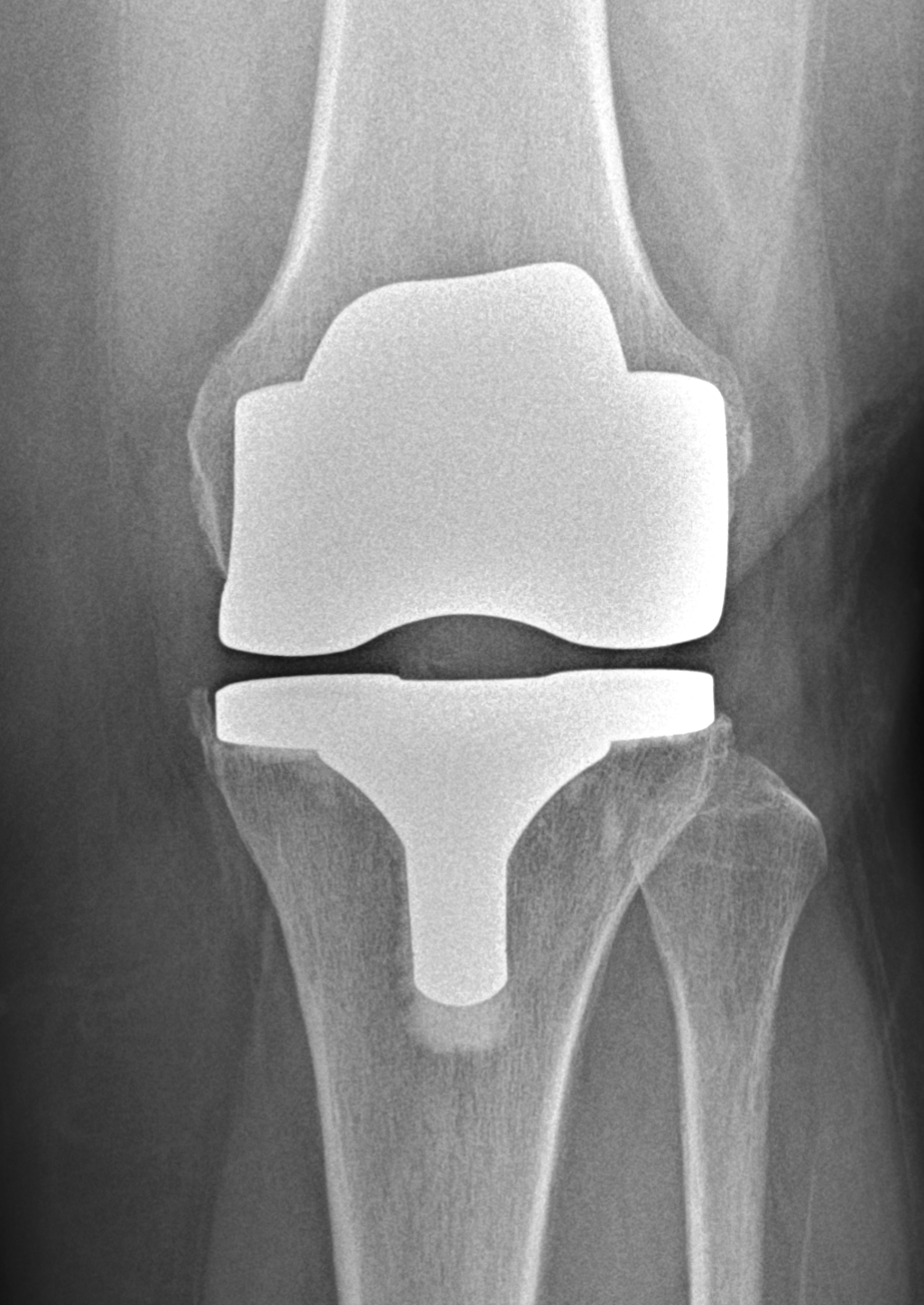
Total Knee Replacement
& Knee Pain Treatment
This operation replaces the end of the thigh bone (femur), the top of the shin bone (tibia) and the kneecap (patella). It is most commonly performed for arthritis of the knee which can be caused by a number of conditions. The Knee Replacement is one of the most successful operations ever invented and the knee pain treatment gives patients excellent results and a vast improvement in their mobility.
If you decide with your surgeon that you wish to go ahead with a knee replacement you will be admitted on the day of surgery and meet the surgeon and anaesthetist before hand to discuss the anaesthetic. The operation lasts about an hour and you then return to the recovery area and then after about half an hour you go back to the ward.
You normally stay on the ward for 2-3 days and you are helped by the nurses and physiotherapists to get back on your feet. You will only be discharged when you are walking safely, usually with 2 sticks. You will have a blood test and xrays before you go home and these will be checked by your surgeon. You will return to the hospital after 6 weeks for a check up and at this point most patients are able to walk with no sticks.
Most patients return to driving after 6 weeks.

Total Knee Replacement
& Knee Pain Treatment
This operation replaces the end of the thigh bone (femur), the top of the shin bone (tibia) and the kneecap (patella). It is most commonly performed for arthritis of the knee which can be caused by a number of conditions. The Knee Replacement is one of the most successful operations ever invented and the knee pain treatment gives patients excellent results and a vast improvement in their mobility.
If you decide with your surgeon that you wish to go ahead with a knee replacement you will be admitted on the day of surgery and meet the surgeon and anaesthetist before hand to discuss the anaesthetic. The operation lasts about an hour and you then return to the recovery area and then after about half an hour you go back to the ward.
You normally stay on the ward for 2-3 days and you are helped by the nurses and physiotherapists to get back on your feet. You will only be discharged when you are walking safely, usually with 2 sticks. You will have a blood test and xrays before you go home and these will be checked by your surgeon. You will return to the hospital after 6 weeks for a check up and at this point most patients are able to walk with no sticks.
Most patients return to driving after 6 weeks.
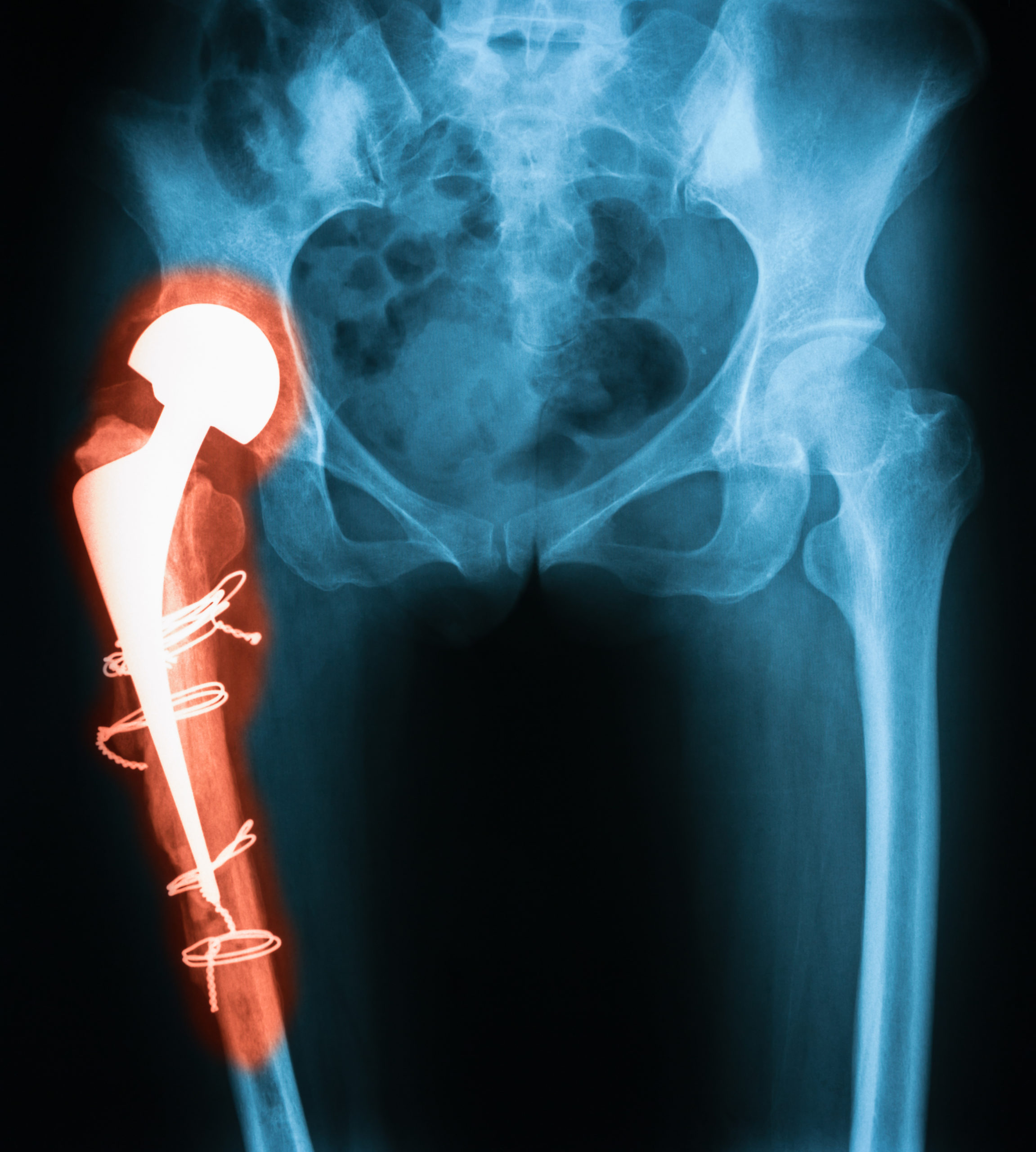
Revision Hip Replacement
This is performed when a hip replacement has worn out or is causing problems and needs to be redone. This is usually more major surgery than the first hip replacement and can take longer to recover from. Causes of failure of a hip replacement include loosening, infection, dislocation and fracture.

Revision Hip Replacement
This is performed when a hip replacement has worn out or is causing problems and needs to be redone. This is usually more major surgery than the first hip replacement and can take longer to recover from. Causes of failure of a hip replacement include loosening, infection, dislocation and fracture.
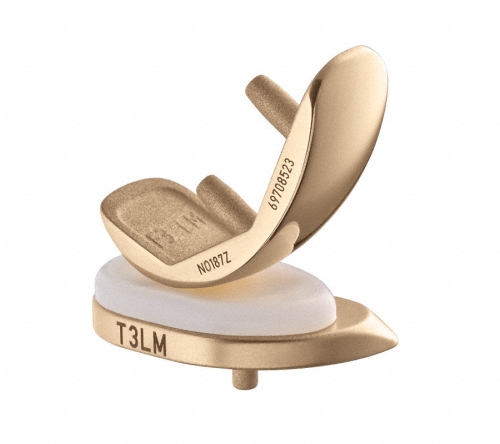
Partial (half) Knee Replacement
This operation replaces half of the knee joint (usually the inside (medial) half). Part of the thigh bone and shin bone are replaced and the kneecap is not replaced. It can only be performed if just one half of the knee is worn out and if the main ligament in your knee is still intact.
It can give better movement than a total knee replacement and generally patients recover quicker after a partial knee replacement. The ward stay is normally 1 or 2 days.

Partial (half) Knee Replacement
This operation replaces half of the knee joint (usually the inside (medial) half). Part of the thigh bone and shin bone are replaced and the kneecap is not replaced. It can only be performed if just one half of the knee is worn out and if the main ligament in your knee is still intact.
It can give better movement than a total knee replacement and generally patients recover quicker after a partial knee replacement. The ward stay is normally 1 or 2 days.
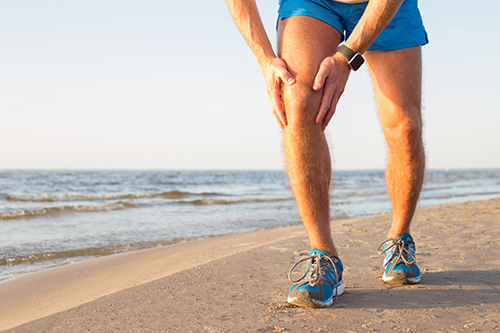
Arthroscopic (Keyhole) Knee Surgery
Keyhole knee surgery is most commonly performed for cartilage and ligament problems inside the knee joint. It is done through very small incisions and therefore patients recover very quickly from this surgery and can usually go home on the same day.

Arthroscopic (Keyhole)
Knee Surgery
Keyhole knee surgery is most commonly performed for cartilage and ligament problems inside the knee joint. It is done through very small incisions and therefore patients recover very quickly from this surgery and can usually go home on the same day.
Hull Hip & Knee Clinic
Spire Hull & East Riding Hospital
Lowfield Road
Anlaby
Hull
Humberside
HU10 7AZ
Contact Information
To enquire about surgery or ask for more information please ring my private secretary or contract me via the email below:
Phone : 01482 660272
Email : [email protected]
Hull Hip & Knee Clinic
Spire Hull & East Riding Hospital
Lowfield Road
Anlaby
Hull
Humberside
HU10 7AZ
Contact Information
To enquire about surgery or ask for more information please ring my private secretary or contract me via the email below:
Phone : 01482 660272
Email : [email protected]
